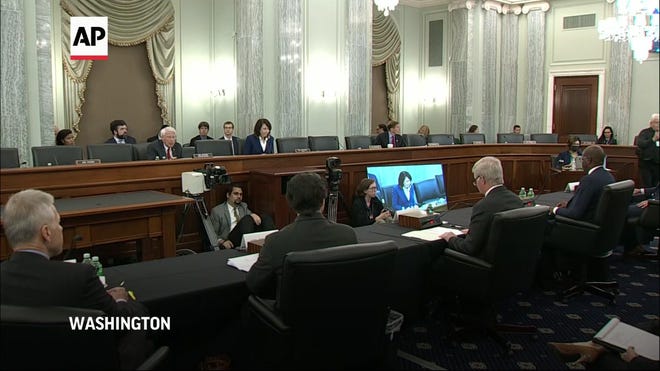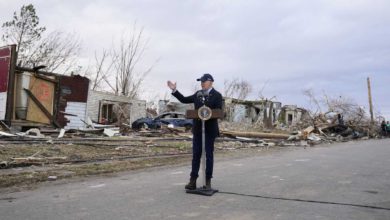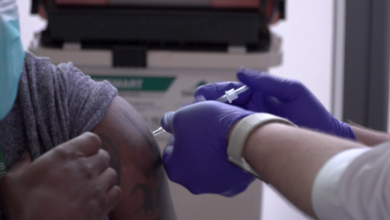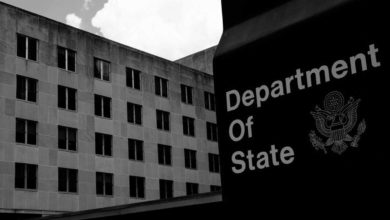
The Senate Workforce and Higher Education Committee advanced SB 187 on Tuesday with unanimous approval from lawmakers.
The bill, introduced by Niraj Antani (R-Miamisburg), would allow college athletes to benefit from their name, image and likeness.
Several states have already passed laws allowing college athletes to earn money, and the issue has been debated heavily over the years. Ohio State coach Ryan Day testified before the Senate Workforce and Higher Education Committee on Tuesday before the bill passed.
Confused about NIL?:10 questions explore how name, image and likeness laws will change college sports
Antani introduced the NIL bill in May of 2021 at a news conference that also included Ohio State athletic director Gene Smith.
Here's what to know about NIL.
Ohio college athletes want to benefit from name, image, likeness
NIL is short for "Name, Image, Likeness" and the bill would allow athletes to earn money using those three things. The bill would allow athletes to appear in commercials and other money-making ventures like autographs.
Day told lawmakers that NIL would not only benefit football or other high-profile athletes on campus, but those athletes on partial scholarships.
Longstanding NCAA bylaws prohibit student-athletes from endorsing or promoting products or services even on an unpaid basis. Name, image and likeness refers to an individual's ability to capitalize on their publicity and be compensated through third-party endorsements.
What other states have passed name, image, likeness bills?
Here are the states that have passed or are considering similar NIL bills:
Laws going into effect on July 1:
- Florida
- Georgia
- Alabama
- Mississippi
- Texas
- New Mexico
States who have passed similar laws and are awaiting to go in effect in the future
- California (effect
- Nevada
- Montana
- Arizona
- Colorado
- Nebraska
- Arkansas
- Michigan
- Tennessee
- Maryland
- New Jersey
- South Carolina
Only nine states have not at least introduced some form of NIL legislation, indicating the bipartisan popularity of laws dismantling the longstanding amateur model.
Source link







